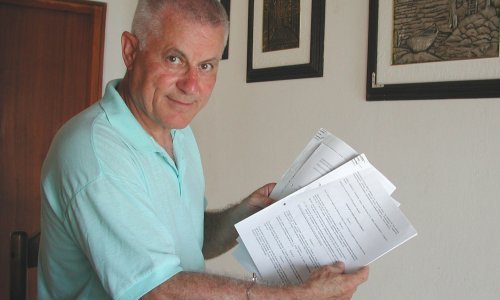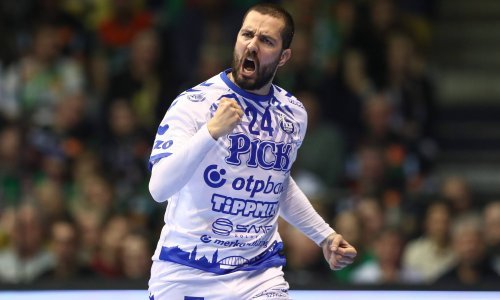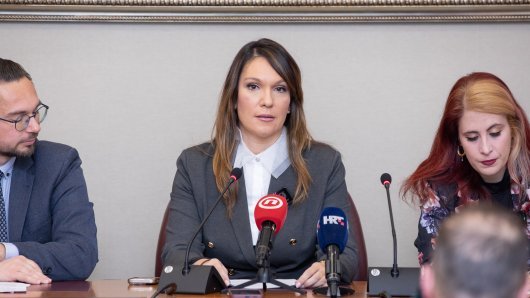The German Federal Criminal Police Office on Wednesday issued an arrest warrant for former senior Yugoslav secret service official Josip Perkovic for his role in the murder of Croatian emigrant Stjepan Djurekovic 30 years ago.
The German authorities had issued a warrant for Perkovic's arrest several years ago, but it was not posted on the official website of the Federal Criminal Police Office in recent years. It was re-released on Wednesday.
Perkovic, who also goes under the name of Tomo Novakovic, is wanted in connection with the murder of Stjepan Djurekovic which took place in Wolfratshausen, near Munich, on July 28, 1983.
The warrant says that at the time Perkovic served in the former State Security Service of the Socialist Republic of Croatia and in the secret service of the Yugoslav Communist League. It lists addresses at which he could be located, including two in Zagreb and one in the northern coastal town of Novi Vinodolski.
The German police have offered a EUR 12,000 reward for any information that may lead to Perkovic's arrest in Germany or his extradition.
In 2008, a Munich court sentenced Krunoslav Prates to life imprisonment for involvement in the murder of Djurekovic. The court ruling says that the murder was organised by Perkovic and that Croatia refused to cooperate with the German authorities in shedding light on this case.
German media said recently that Germany would renew its request to Croatia for Perkovic's extradition under the European Arrest Warrant, which becomes effective in Croatia on July 1 when the country formally joins the European Union.
At the same time, Croatian media reported that the Croatian parliament was considering amending the law to prevent the application of the European Arrest Warrant to crimes committed before 2002, which would also apply to the Perkovic case. Meanwhile, senior Croatian officials said that this legislative initiative was not connected with the Perkovic case.




































